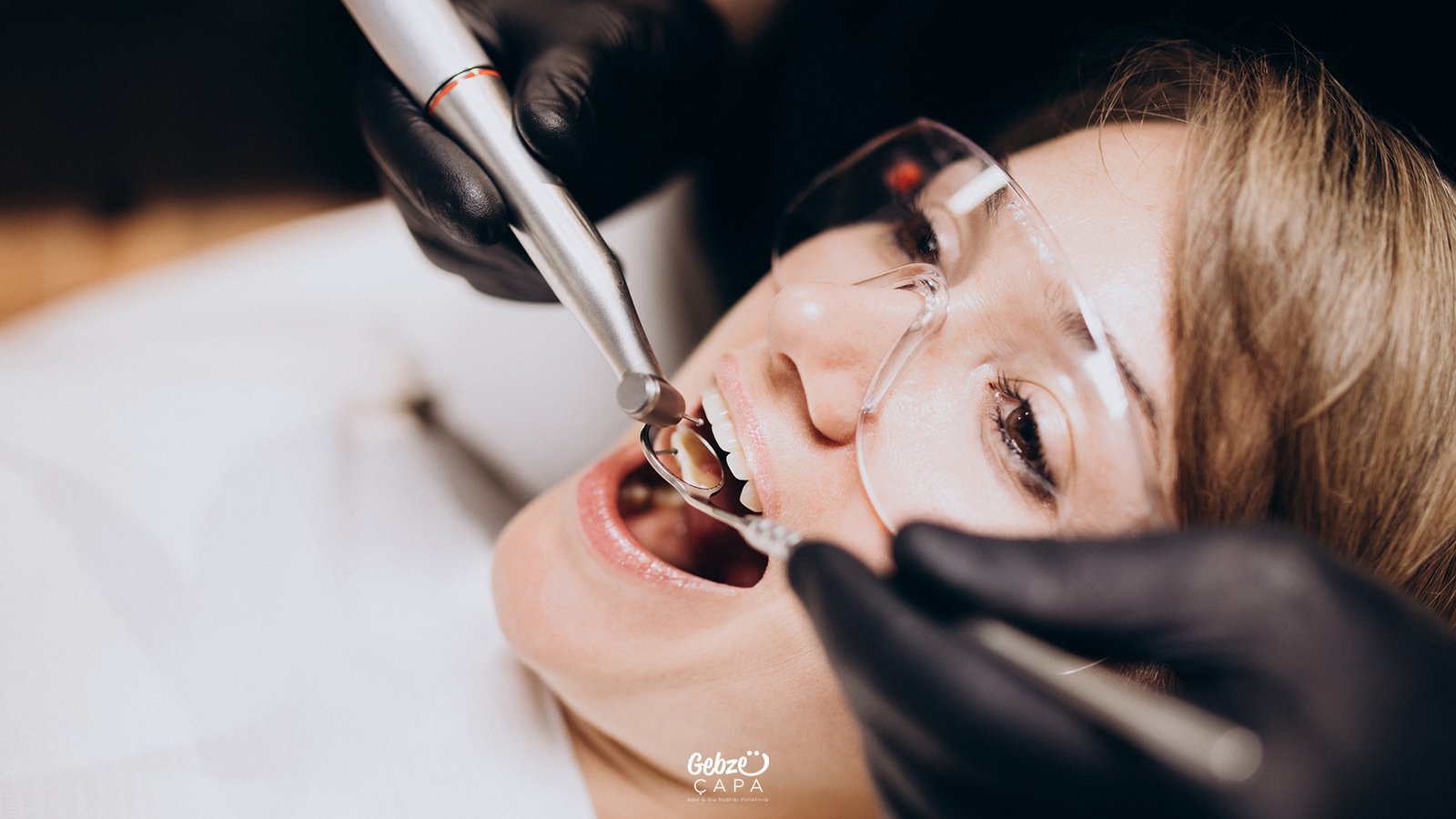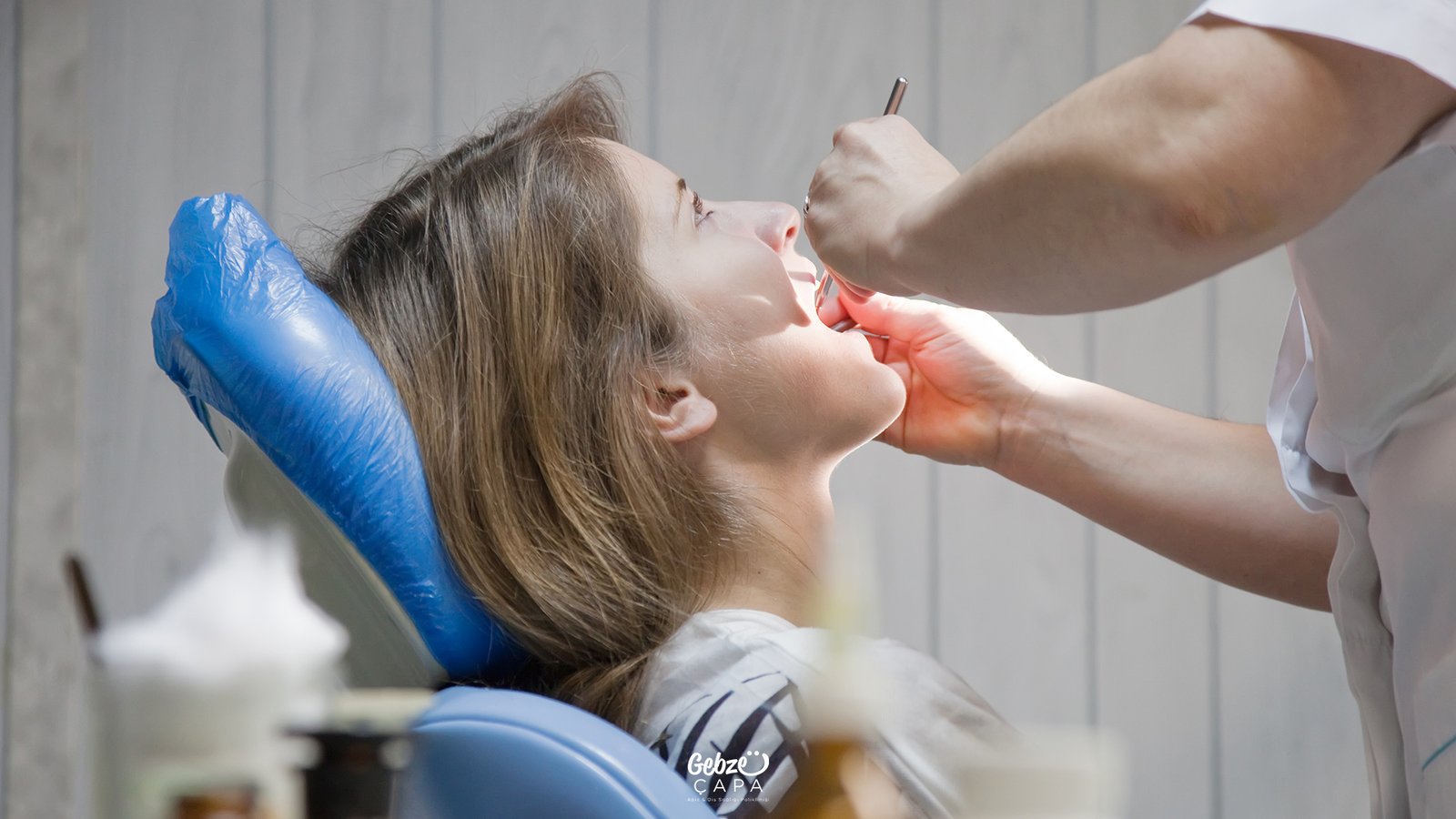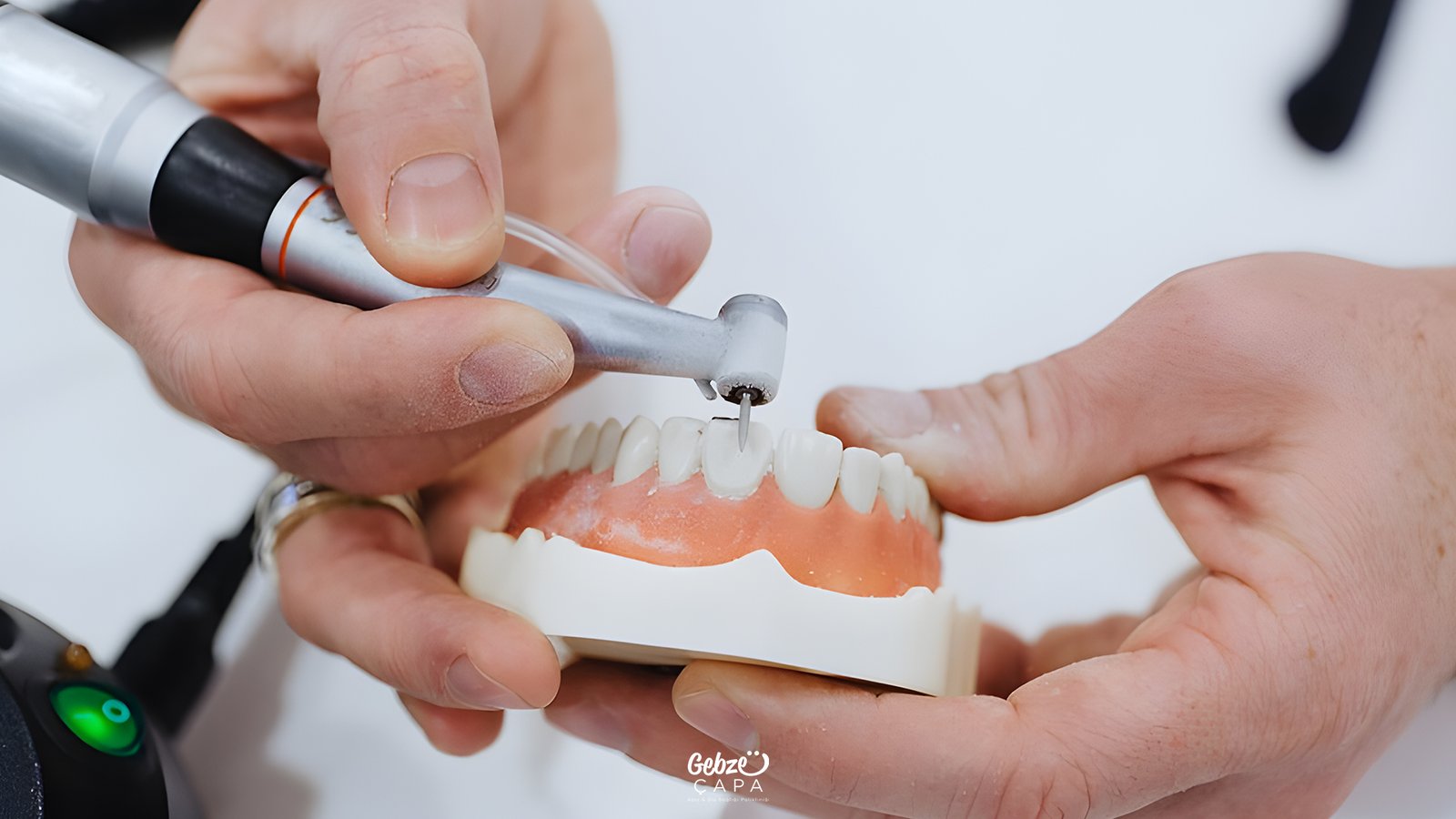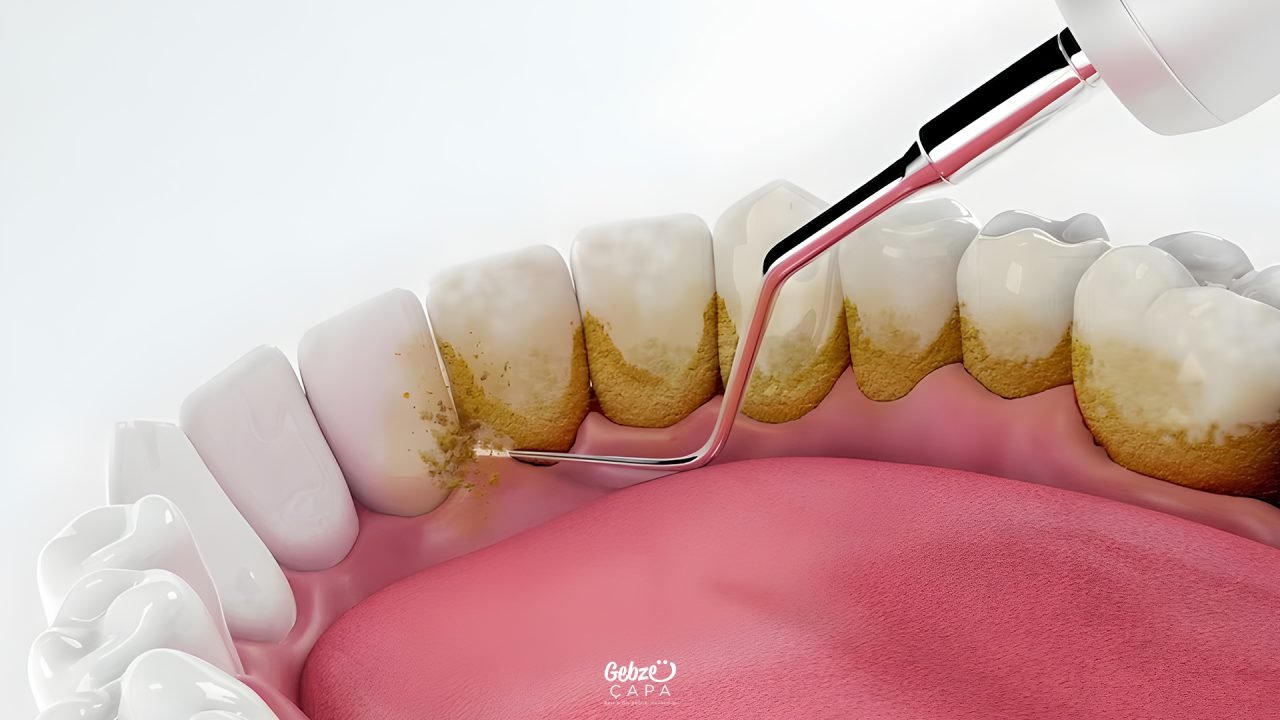Dental Calculus Cleaning
A healthy smile requires more than just white and straight teeth. Dental calculus cleaning is a vital part of maintaining your oral health. In this article, we will explore what dental calculus cleaning is, why it is essential, and how often it should be done.
What Is Dental Calculus?
Dental calculus is a hardened mineral buildup on the surface of your teeth. Bacterial accumulations known as plaque can, over time, transform into mineral deposits. Dental calculus typically appears in shades of yellow or brown and can have a detrimental impact on your teeth. Furthermore, it can lead to gum problems and tooth decay.
The Importance of Dental Calculus Cleaning
- Gum Health: Dental calculus can harm your gums and lead to gum diseases. Early diagnosis and treatment of these diseases are crucial to protect your teeth and gums.
- Bad Breath: Dental calculus can contribute to bad breath. Clean teeth and gums help maintain fresher breath.
- Preventing Tooth Decay: Dental calculus can create a barrier on teeth, making it easier for tooth decay to develop. Dental calculus cleaning safeguards your teeth against decay.
- Aesthetic Appearance: Dental calculus can negatively impact the appearance of your teeth. Clean teeth appear whiter and brighter.
How Often Should Dental Calculus Cleaning Be Done?
The frequency of dental calculus cleaning can vary depending on individual needs. Generally, it is recommended to have dental calculus cleaning every six months. However, some individuals may be more prone to calculus buildup and may require more frequent cleanings. The formation of dental calculus can vary from person to person, and your dentist will provide you with the best advice on how often you should have cleanings.
Additionally, practicing good oral hygiene to reduce dental calculus formation is essential. This includes regular tooth brushing, flossing, and mouthwash use. Your dentist can guide you on the proper oral care habits.
How Is Dental Calculus Cleaning Done?

Dental calculus cleaning should be performed by a professional dentist. This procedure involves the following steps:
- Examination: Firstly, your dentist examines your teeth and gums to assess the formation of dental calculus.
- Anesthesia: Your dentist will numb your gums and mouth before proceeding with the procedure to ensure you do not experience any pain or discomfort.
- Cleaning: Using specialized instruments, the dentist removes dental calculus from your teeth. Water or air may be used during this process.
- Smoothing the Tooth Surface: The dentist may smooth the surface of your teeth to help prevent the formation of new dental calculus.
- Mouth Rinse: After the procedure is completed, your mouth is rinsed to remove any residues.
- Home Care Instructions: Your dentist may provide recommendations regarding oral care and hygiene.Dental calculus cleaning is typically a quick and painless procedure, but if you experience any discomfort, it’s essential to inform your dentist.
The Relationship Between Dental Calculus Cleaning and Oral Health
Let’s delve deeper into the positive impacts of dental calculus cleaning on oral health. Oral health is directly related to our overall health. Good oral health forms the foundation for many of our daily activities, from eating to speaking. Dental calculus can adversely affect oral health and lead to serious issues such as gum diseases. When these diseases progress, they can also result in systemic health problems.
Dental Calculus Cleaning and General Health
Dental calculus cleaning not only impacts your oral health but can also affect your overall health. Research suggests that oral health may be linked to conditions like heart disease, diabetes, and other chronic illnesses. Dental calculus cleaning can help reduce the risk of these health issues. Moreover, regular dental visits can aid in the early detection of serious problems like oral cancer.
Dental Calculus Cleaning and Children
Dental calculus cleaning is important not only for adults but also for children. Children are at risk of developing dental calculus, and it is crucial for them to develop oral health habits at an early age. Dentists can emphasize the necessity of regular dental calculus cleaning and the importance of oral hygiene to children.

Dental Calculus Cleaning and the Role of Dentists
The role of dentists goes beyond performing dental calculus cleaning. They provide comprehensive oral health services, including monitoring dental calculus formation, diagnosing oral health issues, and providing treatment. Your dentists can develop different treatment plans based on your needs and the extent of dental calculus buildup.
The Role of At-Home Oral Care
The most effective results in dental calculus cleaning come when combined with at-home oral care. Daily practices like brushing your teeth, using dental floss, and mouthwash help prevent dental calculus formation and support oral health. Your dentist can assist you in learning the correct oral care products and techniques.
Post-Cleaning Oral Care
It’s important to maintain your oral health after dental calculus cleaning. Regularly attending check-up appointments recommended by your dentist is crucial to monitor the formation of new dental calculus. Using the oral care products your dentist suggests can also be beneficial.

Conclusion
Dental calculus cleaning is a vital component of your oral health. It helps prevent issues such as gum diseases, tooth decay, and bad breath. Therefore, regular visits to your dentist for dental calculus cleaning are fundamental to maintaining a healthy smile and oral health. Remember, if you have any questions or concerns, your dentist will provide you with the best guidance.


